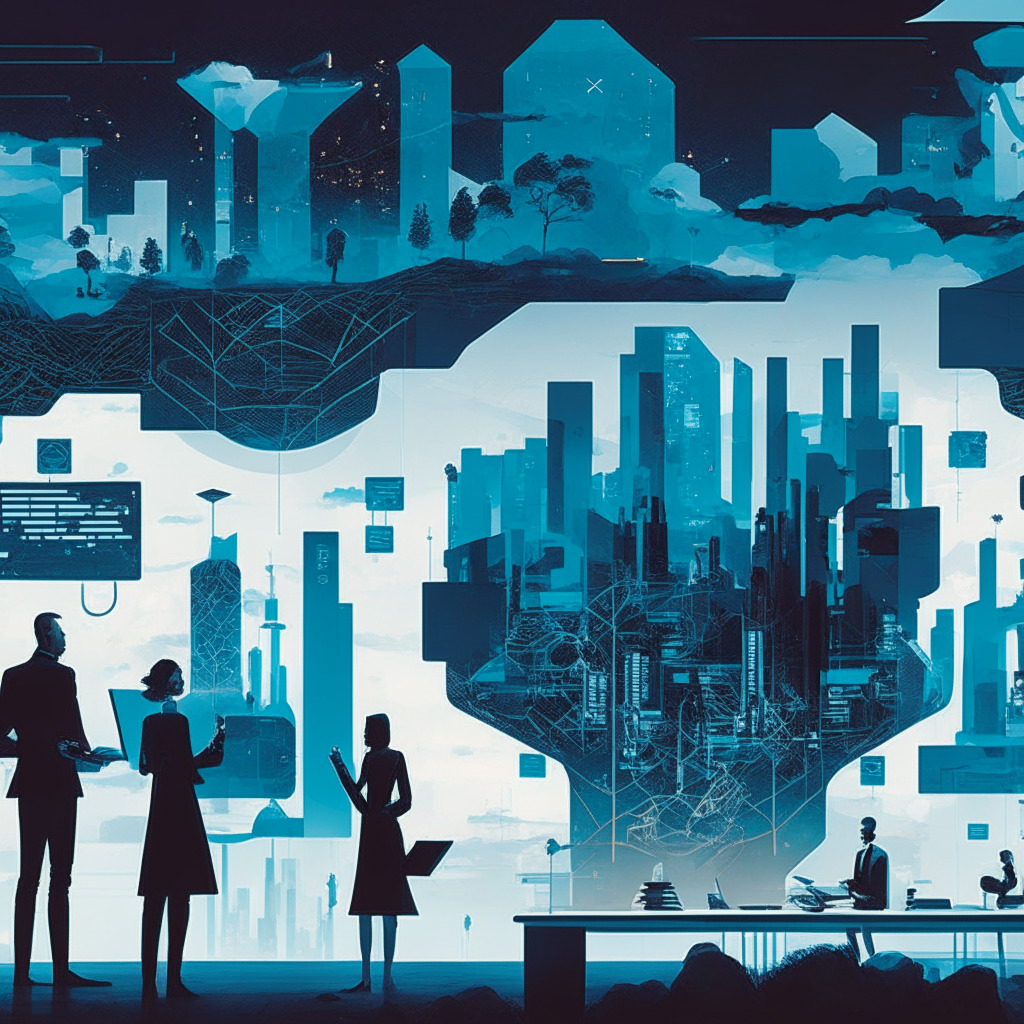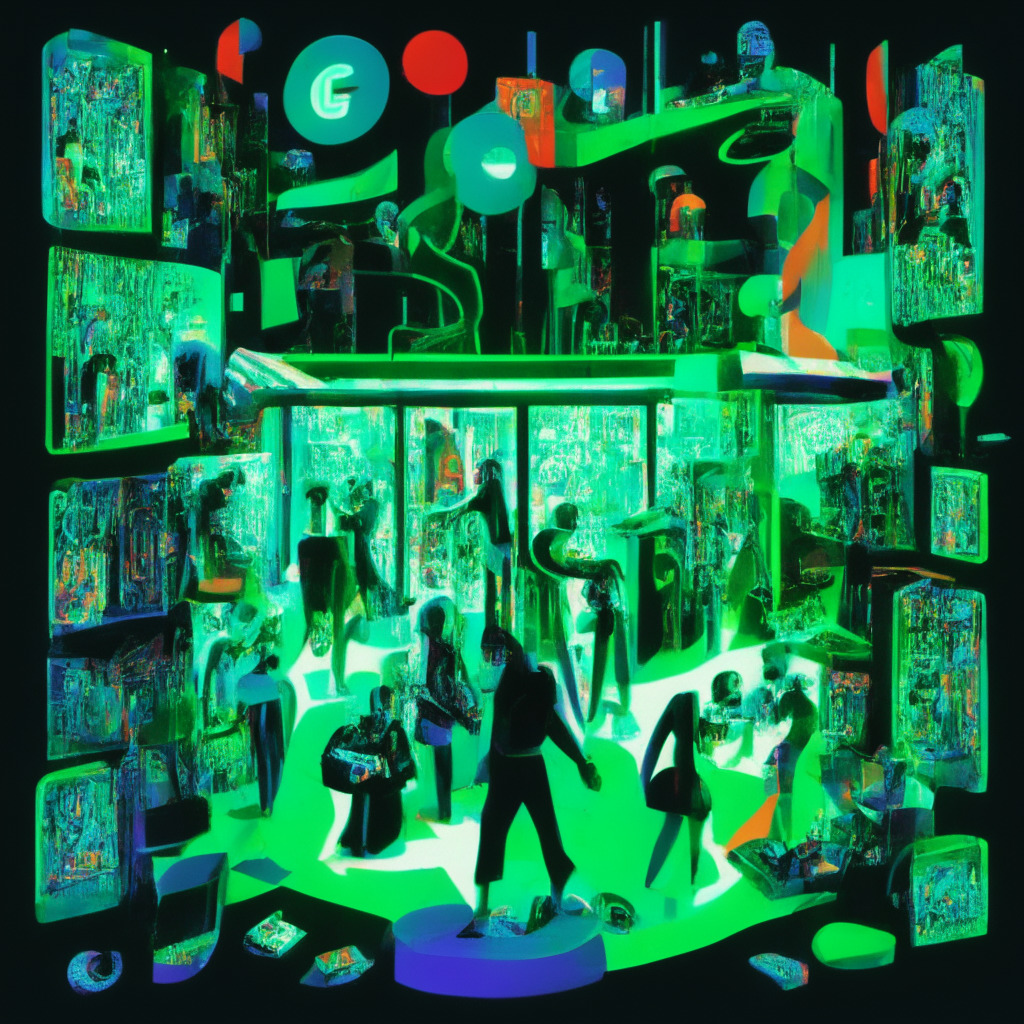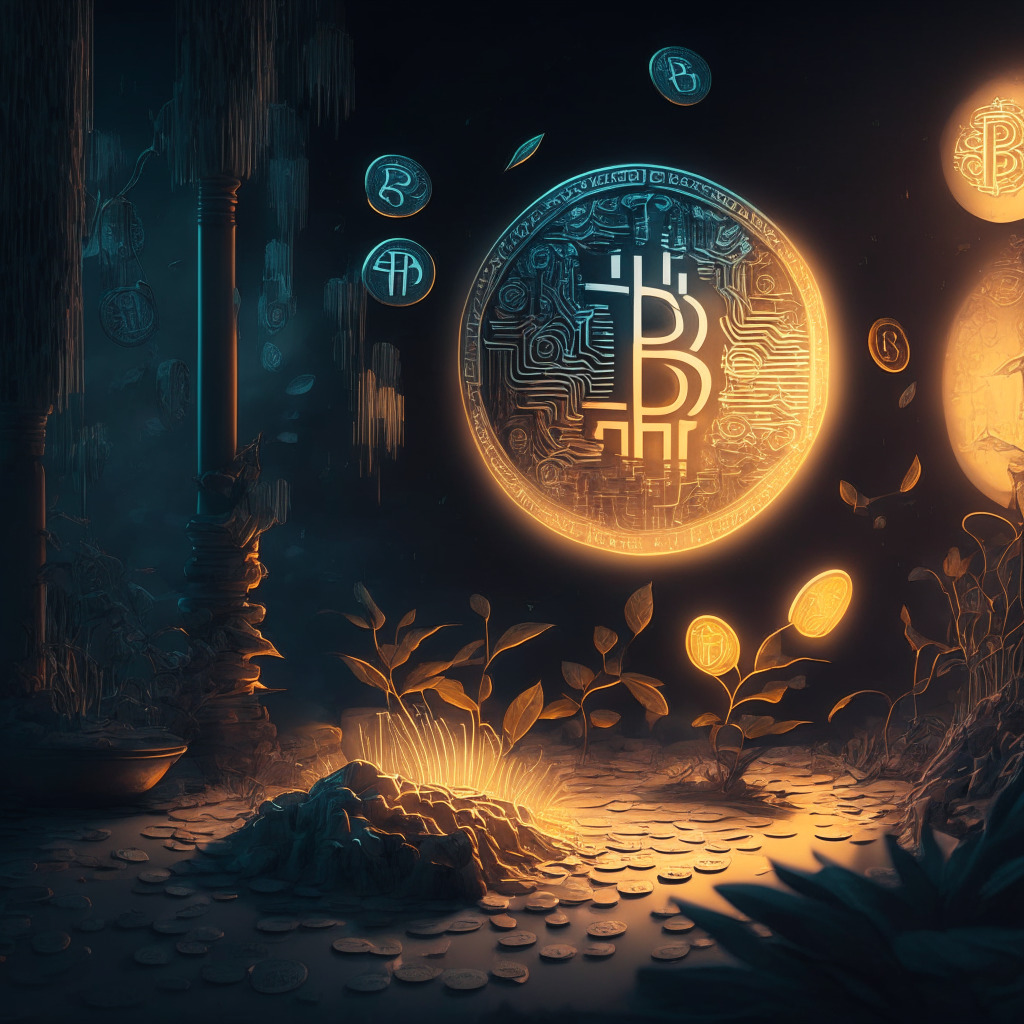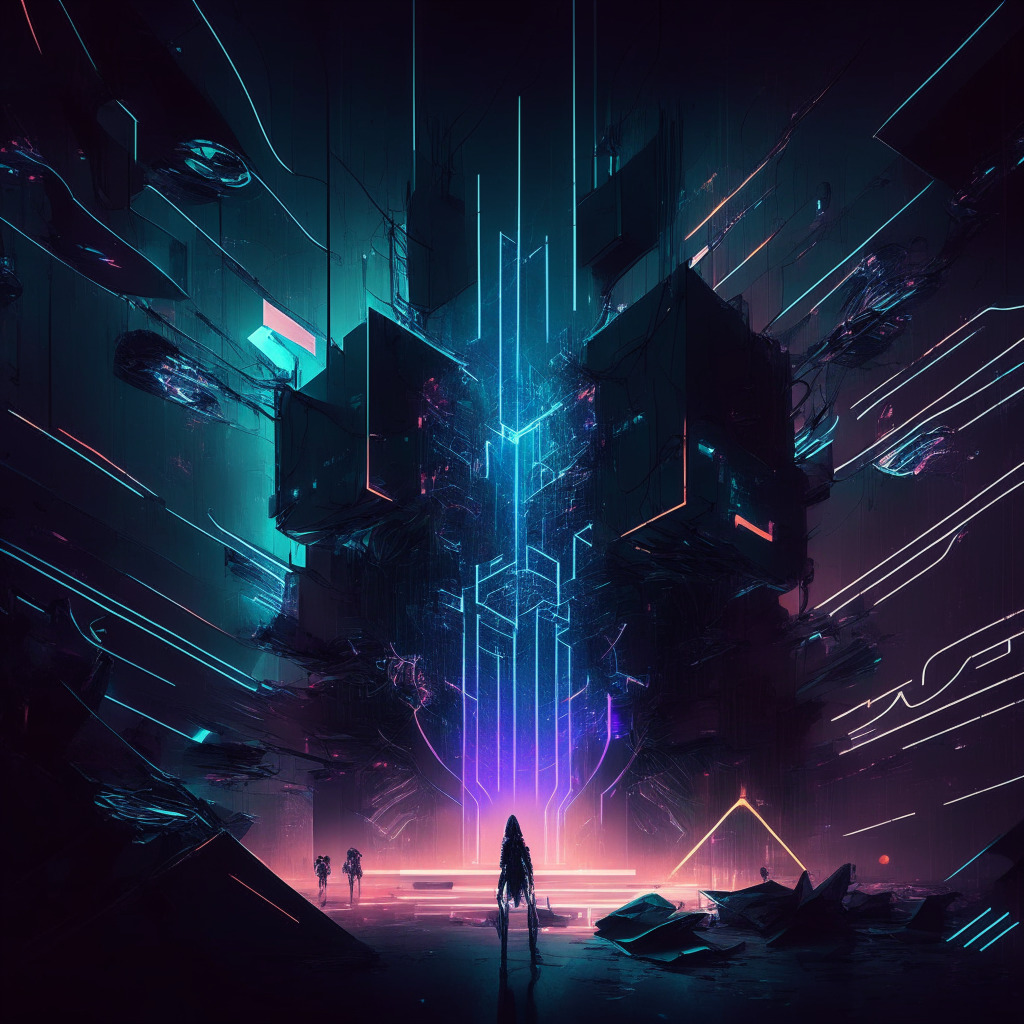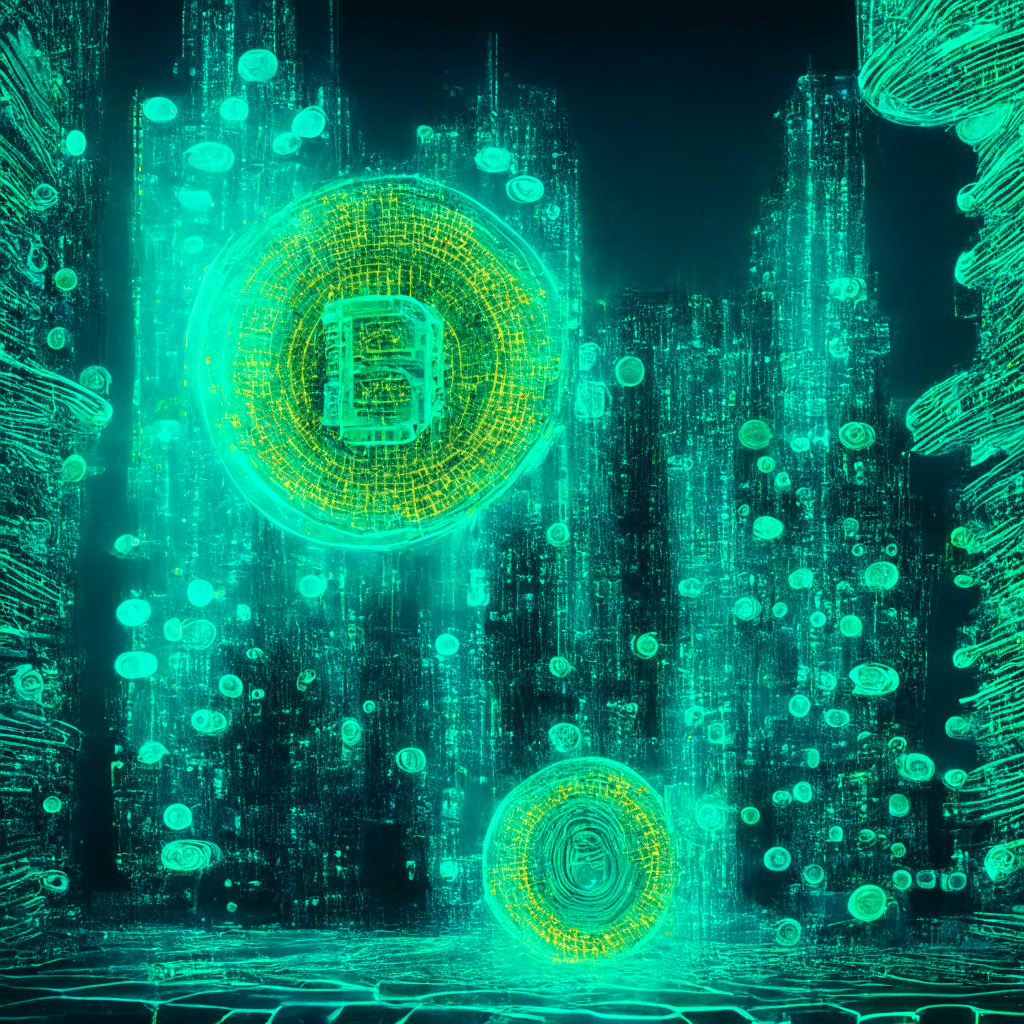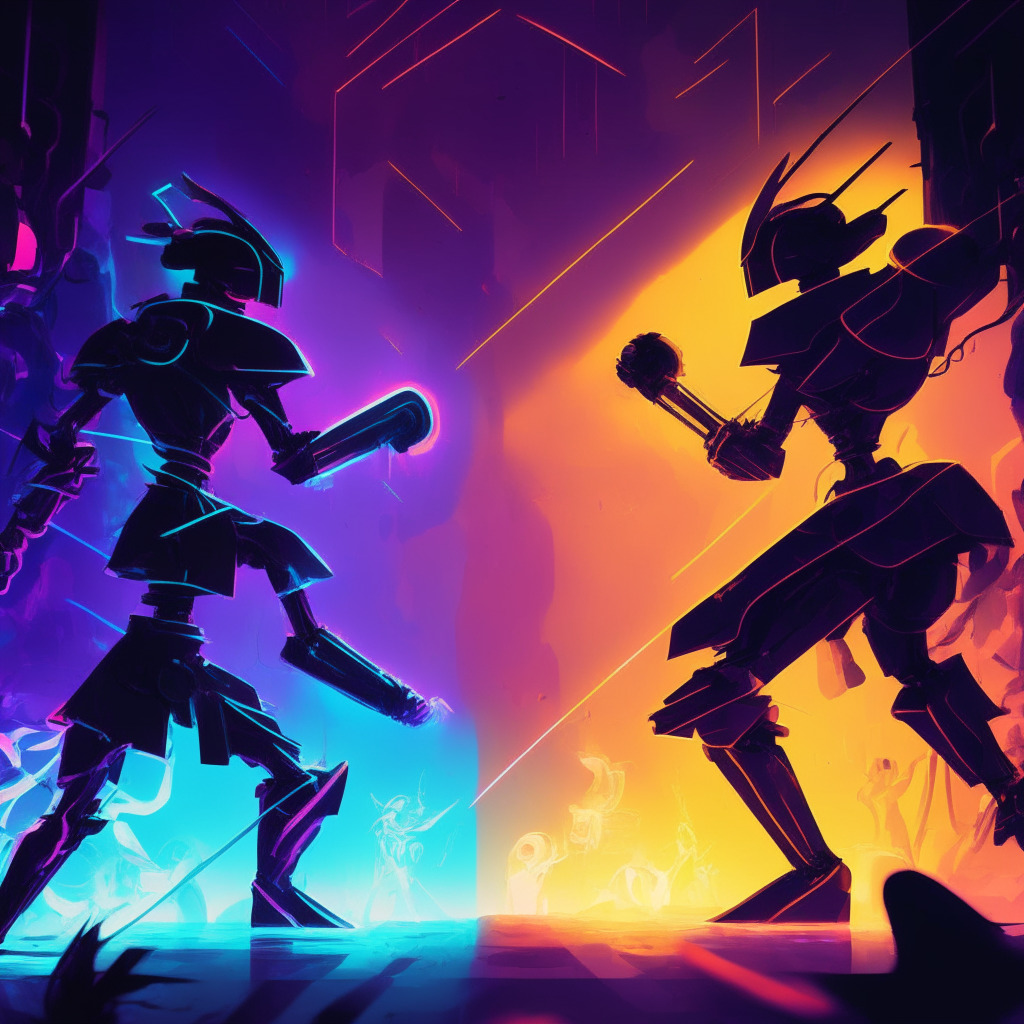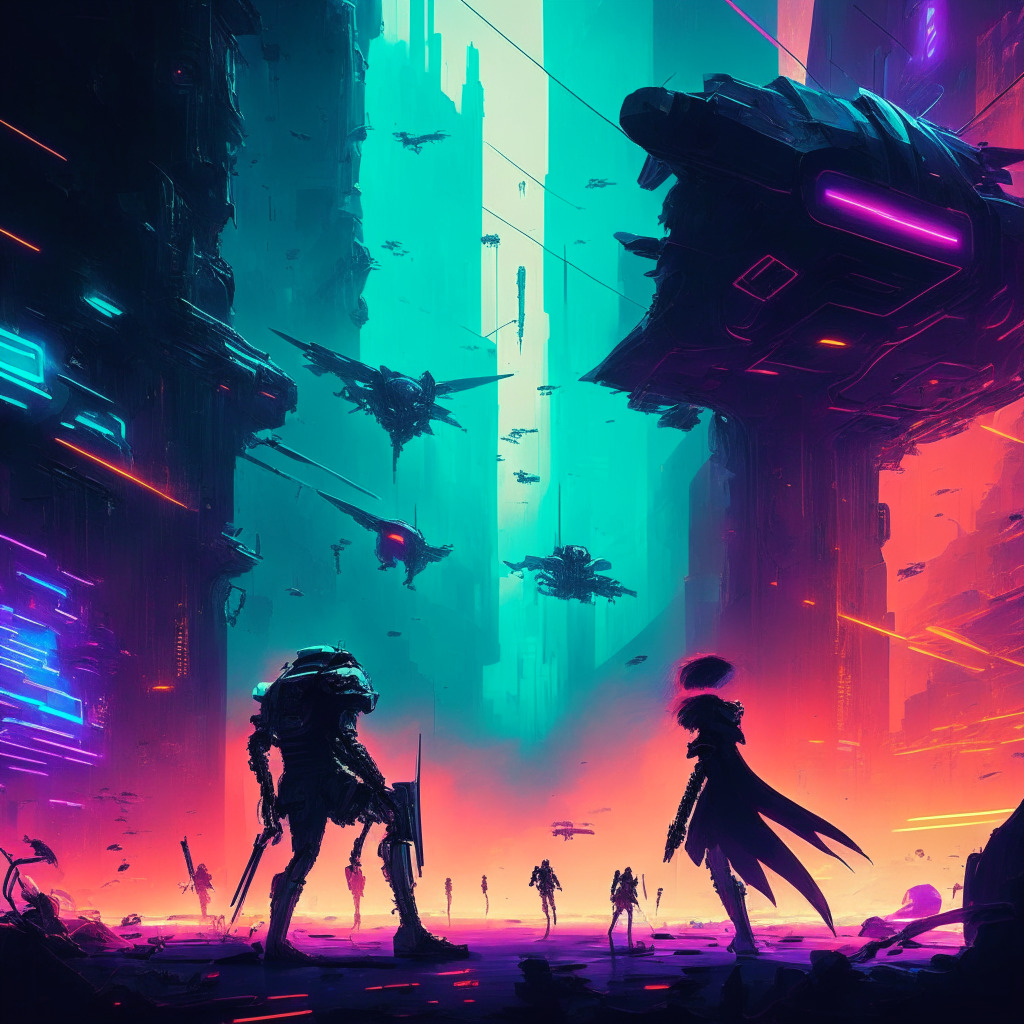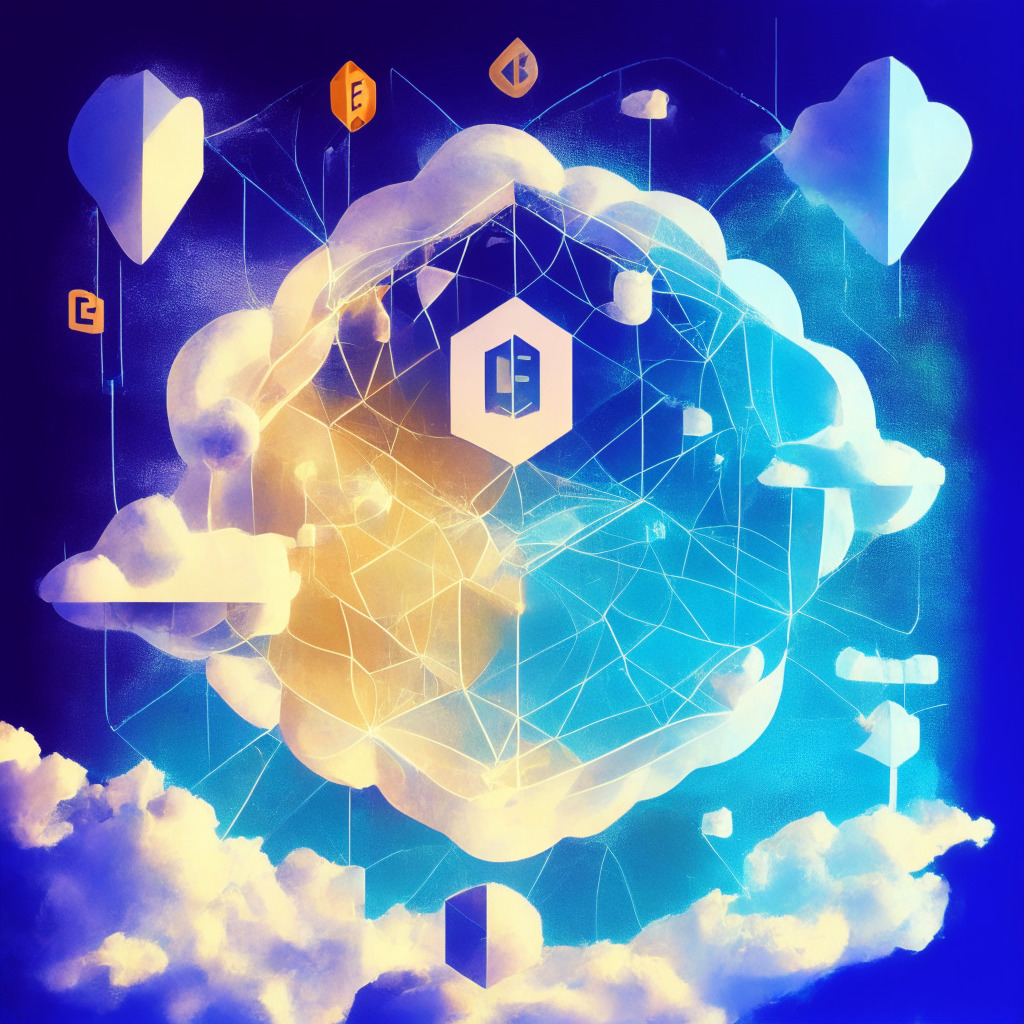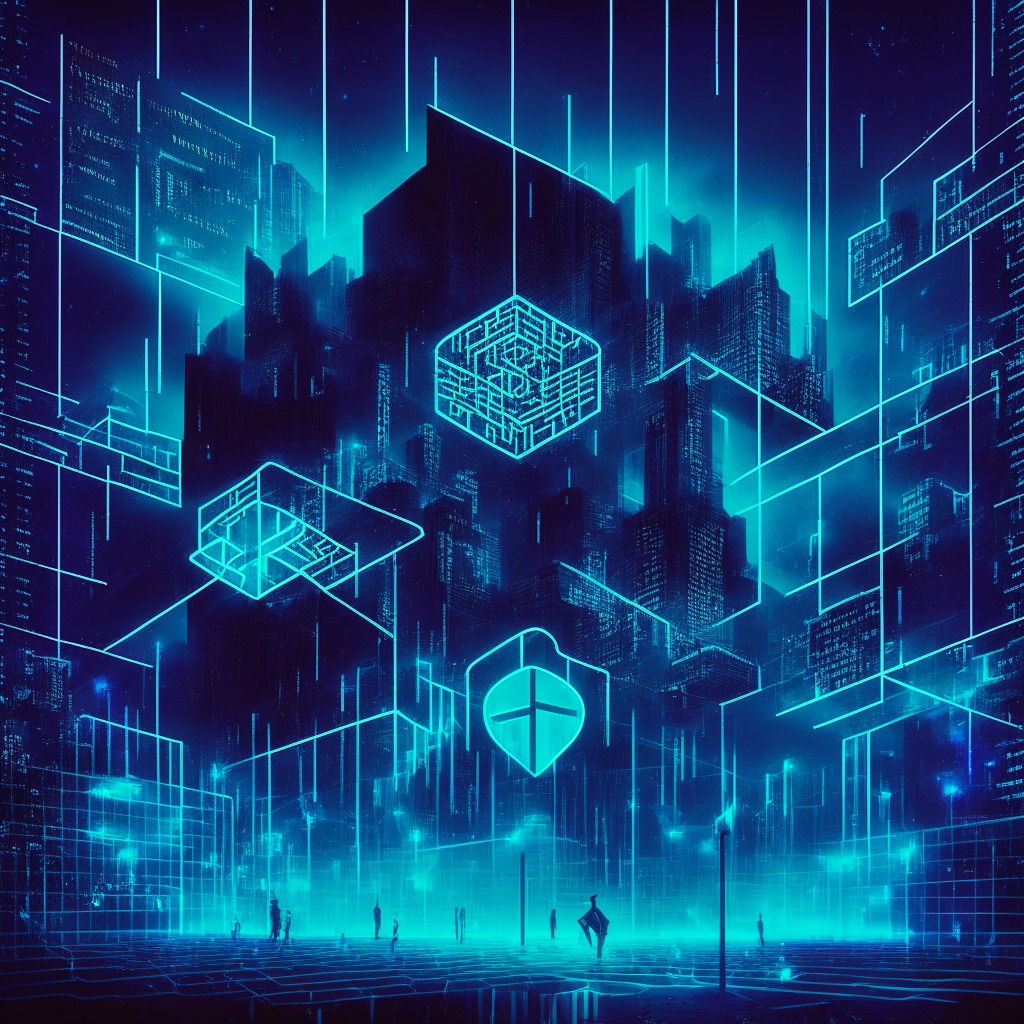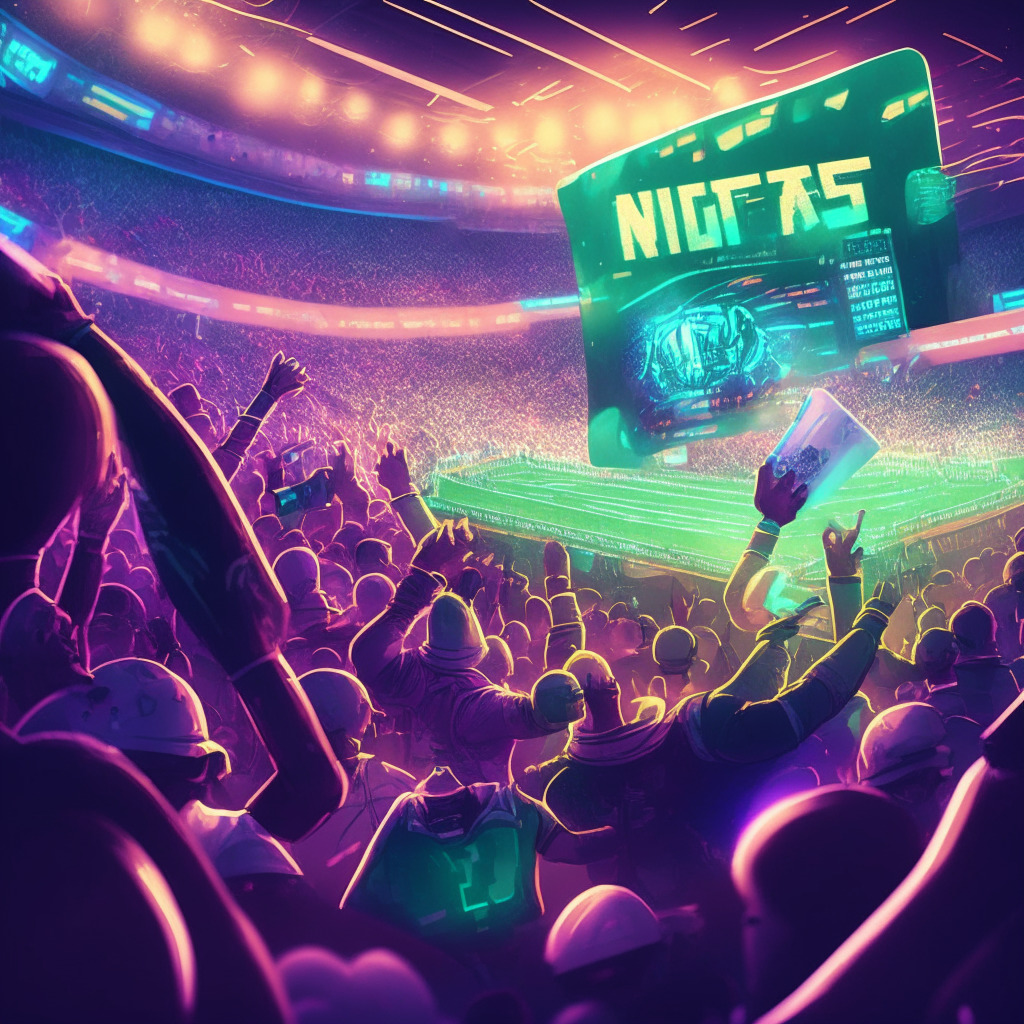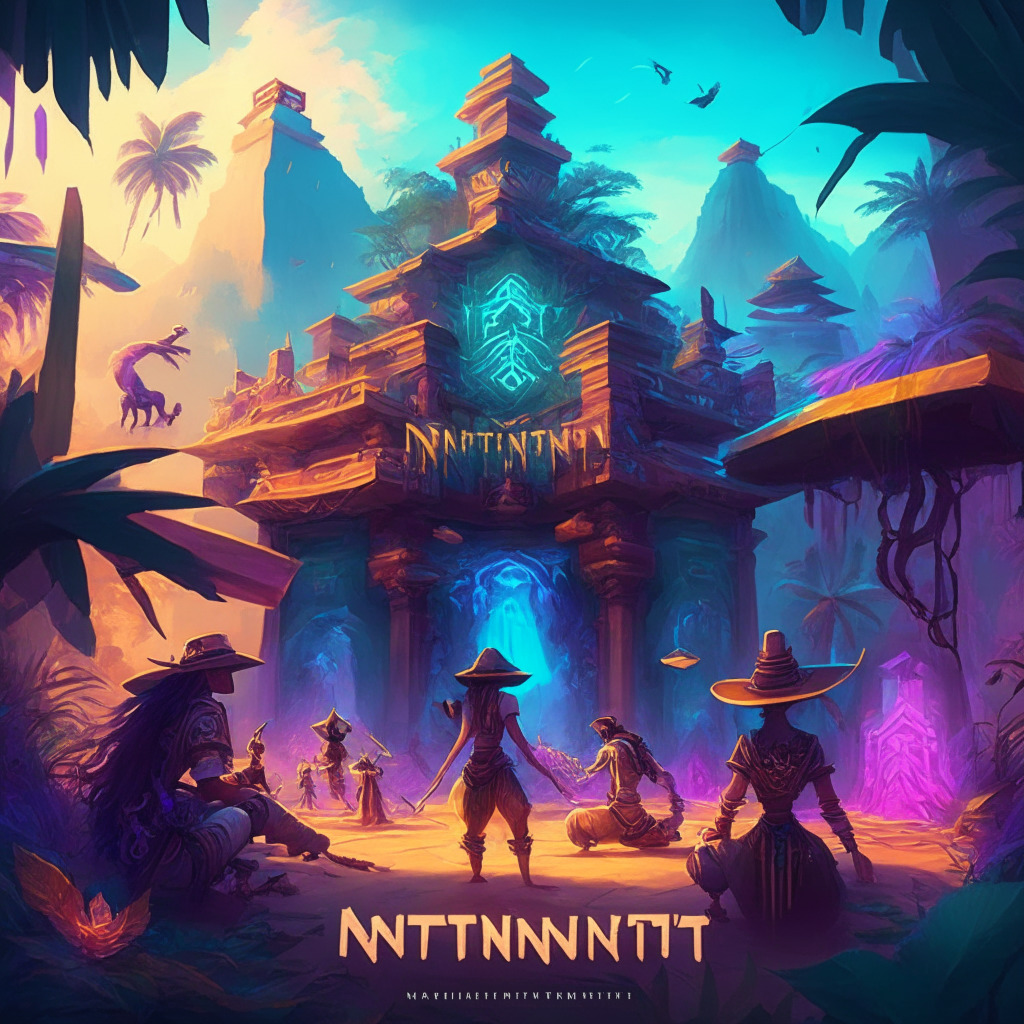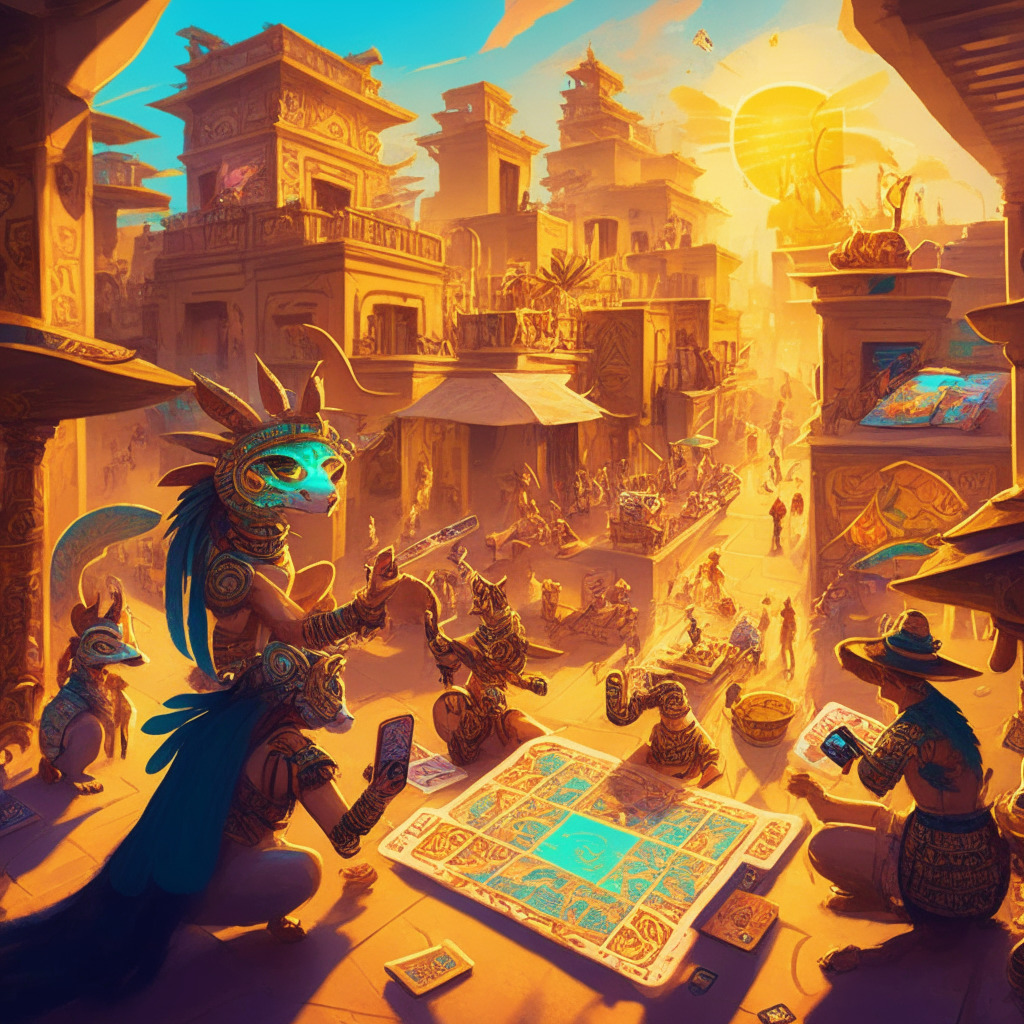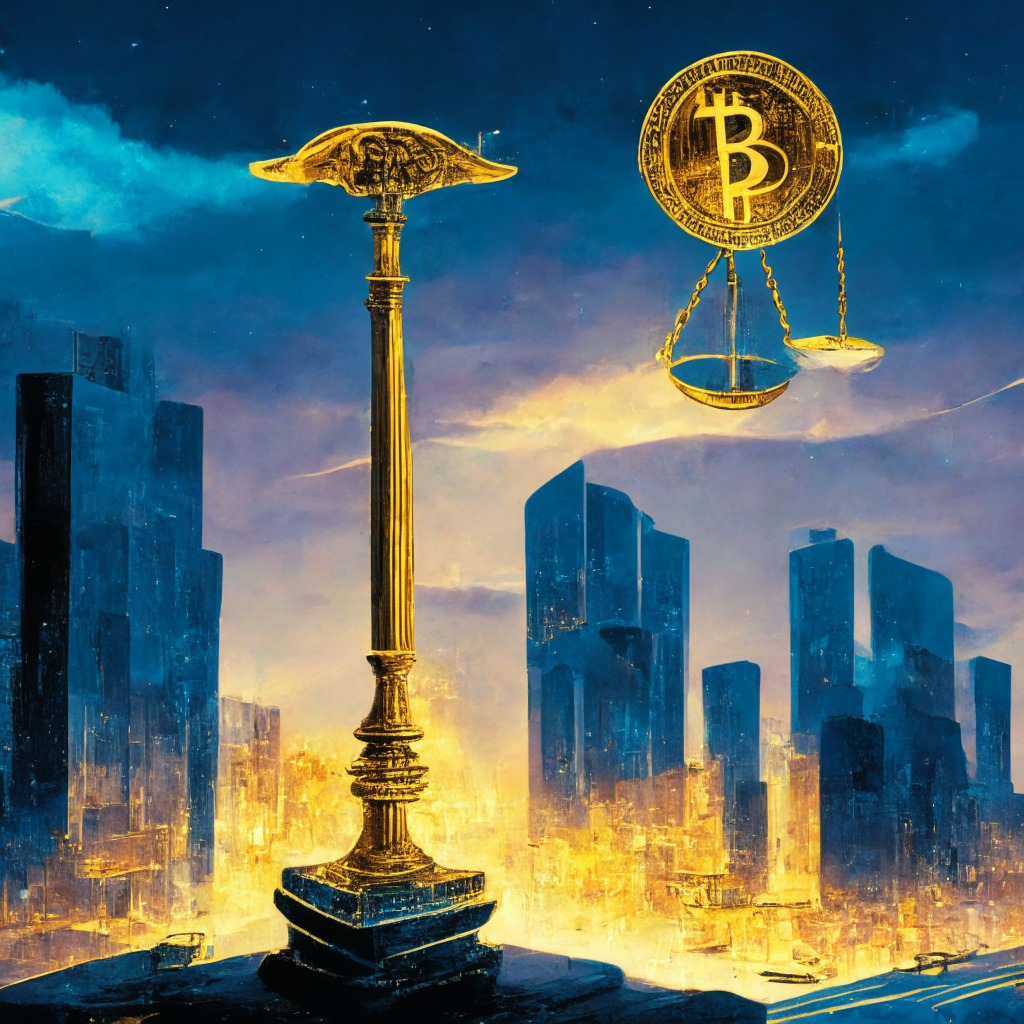Google Play, the popular Android app and game platform, has announced a significant policy change, now allowing the incorporation of digital assets like non-fungible tokens (NFTs) into its platform. This move, aimed at enhancing user experience and generating unique content, lets developers add blockchain-based components to apps and games, provided these digital assets’ existence is clear to users.
Search Results for: Google Play
Google Play Greenlights Blockchain-Based Apps with NFT Rewards: A Glimpse into the Gaming Future or a Risky Gamble?
Google Play Store has started to allow games featuring nonfungible token (NFT) integrated rewards on its store, owning to relaxation in its stance towards blockchain-based apps. However, developers are restricted from glamorizing potential monetary earnings or allowing gambling with loot boxes.
Navigating the Choppy Waters: Google Play’s Embrace of NFTs and Blockchain Technology
Google Play has revised their policy to accommodate developers integrating digital assets, such as non-fungible tokens (NFTs), into their apps and games. This move, prioritizing user-owned content, aims to foster user loyalty through exclusive NFT rewards, while ensuring responsible use of blockchain technology.
Google Cloud Joins Polygon PoS Network: Boost to Cryptosphere or Threat to Decentralization?
Google’s entry into the Polygon PoS network could lift the blockchain’s credibility and promote mainstream adoption. But worries about centralization arise, potentially favoring powerful players over blockchain’s spirit of decentralization. With Google Cloud as a validator, maintaining a balance between corporate involvement and the founding principles of decentralization is essential.
Google Cloud Partners with Web3 Startup: A New Era for Mainstream DeFi or A Risky Gamble?
“Google Cloud is partnering with Web3 startup, Orderly Network, to develop user-centric developer tools with an aim to mainstream decentralized finance (DeFi). The goal is to lower barriers preventing widespread adoption of decentralized technology amid growing interest in blockchain workloads.”
Navigating the Tides of Change: Google’s Green Light and the Unpredictability of the NFT Sphere
Google has greenlit advertisements for NFT games, providing a new visibility avenue for decentralized games. However, this decision excludes games promoting gambling. Insurance giants display caution towards NFTs while a security breach raises safety concerns. Meanwhile, geographical adoption of the Metaverse shows contrasting trends between the East and West.
Navigating Privacy: Google’s Privacy Sandbox and the Future of Online Advertising
Google Chrome has unveiled a new ad-curating platform, “Privacy Sandbox,” aimed at eliminating reliance on third-party cookies and fingerprinting. This move, regarded as a significant shift in internet advertising, has sparked mixed reactions over its effectiveness in enhancing user privacy. The balance between targeted advertising and privacy remains a contentious industry issue.
Google’s Blockchain Turnaround: The Dawn of NFT Gaming Advertisements and the Hidden Implications
Google has revised its advertising policy to permit promotion of blockchain-powered non-fungible token (NFT) games, affecting NFT games that abstain from promoting gambling content. However, it maintains its prohibition against game advertisements where players risk NFTs for earning additional digital assets.
Google’s Softened Stance on Crypto-Ads: A Boon for Blockchain World or a Safety Rigor?
“Google has updated its cryptocurrency ad policy to permit ads from cryptocurrency gaming companies promoting blockchain-based non-fungible token (NFT) games. The change, effective September 15th, excludes games promoting gambling or gambling services. While this shows a more inclusive approach, Google still maintains stringent rules to protect consumers from potential scams and maintain control over crypto-related advertisements.”
Digitizing El Salvador: The Landmark Partnership with Google Cloud and its Potential Impacts
El Salvador’s national government partners with Google Cloud in a 7-year initiative to digitize governance, healthcare, and education systems. The wide-scale project aims at streamlining processes and revamping infrastructural resources, fostering a data-driven innovative hub. Skeptics question possible implications for citizen privacy and security. Success could inspire similar digital transformations globally.
Biden’s AI Cyber Challenge: Boosting Cybersecurity or Brewing a Hacker’s Playground?
“The Biden administration recently launched the AI Cyber Challenge. With $20 million in rewards, this initiative aims to protect critical American infrastructure from cybersecurity threats. It brings together AI titans such as Anthropic, Google, Microsoft, and OpenAI, seeking their innovative AI applications to enhance cybersecurity.”
BTC20: The Breakthrough Token Outpacing Bitcoin and Pepe Coin in Google Trends
The ERC-20 token, BTC20, is exceeding both Pepe coin and Bitcoin in popularity and has gathered over $3.4 million in presale in just nine days. Offering potential yields up to 520%, it attracts investors with the concept of owning bitcoin on the Ethereum blockchain at bitcoin’s original 2011 price with added environmental benefits.
Google’s Embrace of NFT Games: A Leap Forward or a Double-Edged Sword?
Google Play Store’s recent decision to permit NFT games is a testament to blockchain’s growing acceptance. However, Google restricts the inclusion of gambling elements in these games. Even as NFT games redefine the digital world, policies, layoffs and burgeoning transactions highlight both the potential and uncertainties of NFTs.
Google AI Training Lawsuit: Clash Between Privacy Rights and Technological Evolution
Google faces a lawsuit for allegedly misusing data, including copyrighted items, for AI training without necessary consent, sparking a debate about internet ownership. A court order could demand explicit user permission for data collection or potentially fine Google up to $5 billion.
Google Bard vs. OpenAI ChatGPT: The Battle for AI Chatbot Dominance and Future Implications
Google’s AI chatbot, Bard, challenges OpenAI’s ChatGPT with upgrades introduced at the Google I/O conference. Transitioning to the PaLM 2 model and offering different versions for various applications, Bard provides improved performance in translation and coding support. Despite ChatGPT’s current adoption advantage, Bard’s free availability may attract users.
Google’s AI Revolution: PaLM 2, Gemini, and the Future of Search Engines & Consumer Experiences
Google’s recent announcements at the annual Google I/O conference reveal AI-backed features, like the updated Pathways Language Model (PaLM 2), which improves reasoning, coding, and multilingual capabilities. Integrated into 25 apps, PaLM 2’s advancements signal significant changes in search engines and AI integration, with forthcoming Gemini offering even more advanced capabilities.
AI Dominance: Google vs. Open-Source Communities – Competition, Pros, and Cons
Google may be losing dominance in the AI field due to rapid advancements made by the open-source community, posing a challenge to the tech giant’s AI prowess. Independent engineers create AI models faster, cheaper, and more customizable than proprietary technology, raising concerns for major companies in the AI sphere.
Flare’s API Portal on Google Cloud: Pros, Cons, and the Debate Around Decentralization
Flare’s integration of its API portal on Google Cloud Marketplace promises to bring a wealth of blockchain APIs to developers and users, fostering easier experimentation and wider adoption of blockchain technology. Despite concerns about centralization, this move aims to boost Web3 participation and facilitate cross-chain applications.
World Mobile’s Decentralized Service Expansion: Democratizing Internet Access with Blockchain and AI
World Mobile, a decentralized mobile internet provider, has expanded its services via Google Play, allowing users in select countries to leverage blockchain for cost-effective internet access. This blockchain-based project promotes telecom sharing economy and integrates AI solutions for enhanced customer service, thereby democratizing technology and wealth access.
Blockchains Future: A Tale of Innovation, Regulatory Challenges and Intensified Crypto Adoption
“The future of blockchain technology is promising yet complex, as seen with events like Litecoin’s robust performance, Polygon’s proposed token nomenclature revision, and regulatory challenges worldwide. Developments like Coinbase’s secure messaging system and Google Play’s digital asset integration highlight the merging of conventional institutions with blockchain, while caution remains due to persistent crypto scams.”
Desperation and Crime: When Crypto Trading Turns Dark in South Korea
The article discusses the story of a 22-year-old man in South Korea who, burdened by a $37,000 debt from failed crypto investments, resorted to crime. This case reflects some of the dangers lurking in the unregulated crypto market such as colossal losses leading to desperate acts.
Decoding the Future of NFTs: Between Falling Trading Volumes and Rising Development Activity
“Despite a 41% decrease in NFT trading volume in Q2, enthusiasm from developers remains high, as evidenced by the 5.9 million smart contracts deployed across EVM-compatible networks. This 1,107% increase since Q2 2022 suggests a robust growth landscape for Web3 despite market volatility.”
OpenAI’s ChatGPT App for Android: Bridging the Crypto and AI World
“OpenAI has officially released the ChatGPT app for Android users and it’s garnering attention in the crypto community. Bolstering safety and transparency features, it aims to stretch the limits of its large language model. Despite rising competition, OpenAI remains committed to responsible and ethical AI development, which coincides with the global collaboration and hefty investment in AI research.”
NFL Rivals Success: Exploring NFT Integration in Mainstream Gaming and Future Implications
NFL Rivals, a free-to-play game from Mythical Games, stands out with its integration of Non-Fungible Tokens (NFTs) as player cards. Garnering over a million downloads and reaching top spots in app stores, the game successfully introduces users to Web3 and NFT concepts, highlighting the potential of NFT integration in mainstream games and shaping the future of crypto gaming.
Atomic Wallet Hack: Unveiling Security Flaws and $100M Lost to Cybercrime
The Atomic Wallet, with over 5,500 wallets affected, experienced a $100 million hack compromising various cryptocurrencies. Blockchain experts suspect North Korean group Lazarus may be responsible. This marks the increasing vulnerability in the crypto world, highlighting the importance of security features and vigilance when choosing wallets and services.
Huobi Halted in Malaysia: A Sign of Global Crypto Regulatory Struggles
The Securities Commission Malaysia has ordered cryptocurrency exchange Huobi Global Limited to halt operations, as it was functioning without proper registration. This coincides with tensions between crypto exchanges and regulatory bodies like the US SEC, emphasizing the importance of exchanges adapting to evolving regulations to protect investors and ensure a secure environment for digital assets.
Axie Infinity: Origins Hits App Store with Free Non-NFT Starter Characters & NFT Integration
Axie Infinity: Origins, a modified version of the popular play-to-earn crypto game, is now available on Apple’s App Store with free non-NFT starter characters. Targeting key markets in Latin America and Asia, the game intends to eventually convert these non-NFT Axies into NFTs while also allowing NFT holders to move Axies into the app.
Axie Infinity Expands App Store Access: AXS Token Surges, Pros and Cons Explored
Sky Mavis expands Axie Infinity NFT game to Latin American and Asian countries, leading to a 13% increase in AXS Token price. The App Store version of the game showcases the growing popularity of NFTs, but potential investors should assess market conditions and risks before investing in cryptocurrencies.
Axie Infinity Expansion: Global Impact, Market Saturation, and Security Challenges
NFT project Axie Infinity launches its Origins card game on the Apple App Store in key Latin American and Asian markets, expanding its reach and accessibility. Alongside, Sky Mavis introduces Mavis Market, a curated NFT marketplace powered by Ronin blockchain, furthering its commitment to a player-owner digital nation.
Understanding Blockchain Regulation Through the Lens of High-profile Crypto Cases
“This article discusses the importance of regulations in the blockchain ecosystem, using the case of Sam Bankman-Fried, facing wire fraud allegations for his investment into an AI startup, as an example. The U.S. government’s stance, allegations surrounding OpenSea and the delicate balance between beneficial and restrictive regulations are also discussed.”
Unraveling the FTX- Anthropic Saga: Prosecutor’s Plea and Its Implications on Crypto Exchange Trials
Prosecutors in Sam Bankman-Fried’s trial aim to block evidence about the current value of FTX’s $500 million investment in AI startup, Anthropic. The government alleges misuse of FTX customer funds with this investment, arguing its current worth is irrelevant to the case.
Bankruptcy to Billions: Anthropic’s Recovery Path Illuminated by Cryptocurrency
FTX and its associated hedge fund, Alameda, committed $500 million to Anthropic prior to its bankruptcy. The value of FTX’s stake may surge due to upcoming funding rounds that could inflate Anthropic’s valuation. The fundraiser, featuring heavy hitters such as Google and Amazon, could potentially raise Anthropic’s valuation to $20-$30 billion. However, the volatile market and regulatory shifts pose significant risk.



